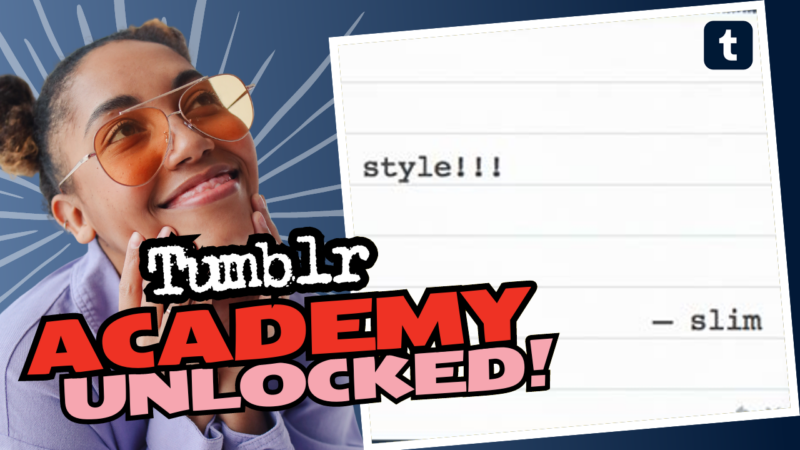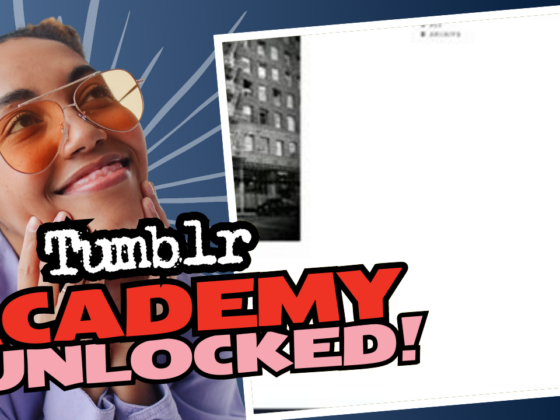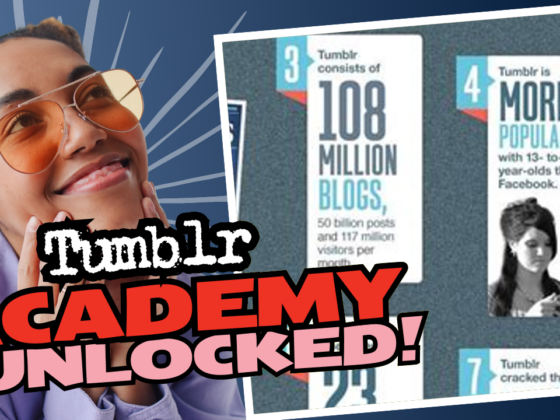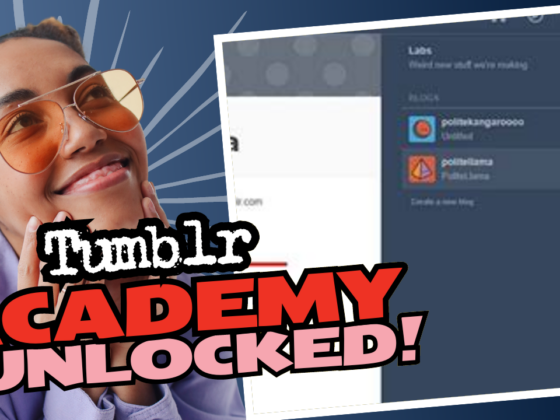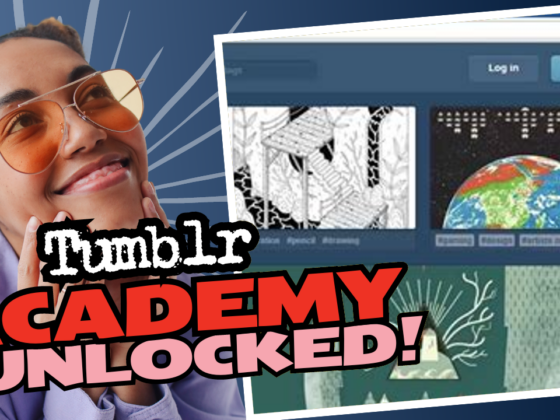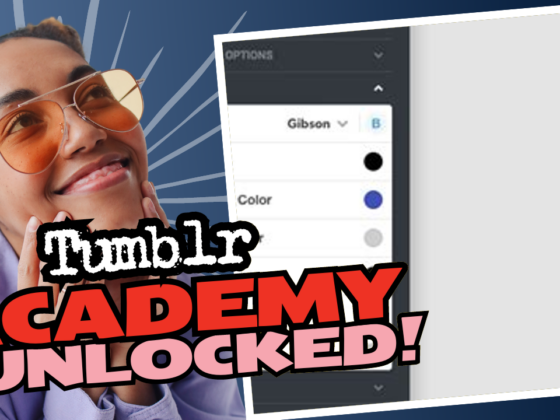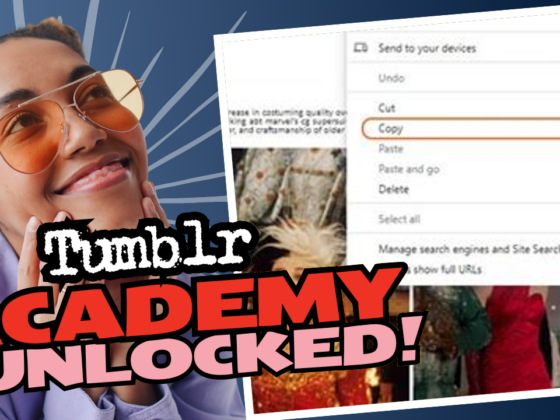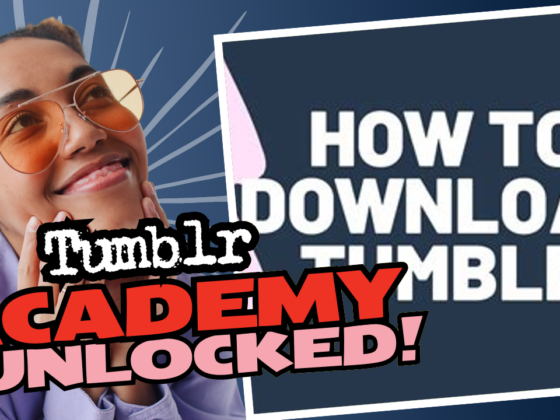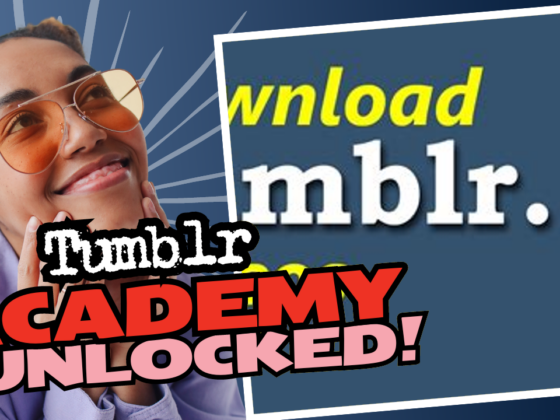So, Does Tumblr Fan Mail Work? The Lowdown
Ah, the age-old question of fan mail on platforms like Tumblr! You’re not just diving into the abyss of the internet; you’re hoping this little digital note can create a heartwarming connection between you and your favorite author, right? Let’s face it: you sent a lengthy, highly crafted email filled with all the feels, anxieties, and your undying appreciation for their work. Sure, you’d love to get a lengthy response back—maybe not an essay, but something that feels a bit more personal than, say, an automated “Thanks for your email!” We’ve all been there!
The Reality Check: Are Authors Too Swamped to Respond?
First things first, let’s address the elephant in the room: authors are often juggling boatloads of tasks. Write more books, attend conventions, deal with publicity requests—oh, and let’s not forget *trying* to have a personal life. So, if you’re out there wondering, “Do they even read my fan mail?”—the answer is a resounding yes, but don’t expect a War and Peace reply.
Many authors do cherish your messages and genuinely want to respond. It can be surprising to find out this tidbit, but simply knowing you reached out can brighten their day! Authors appreciate authenticity, and a heartfelt, personal response—even if it’s just a couple of lines—says, “Hey, I noticed you and your mail, and it meant something to me.” Like, who wouldn’t feel warm and fuzzy after that?
Responses: Lengthy or Short? What Should Be The Norm?
The thing is, lengthy messages often breed a sense of obligation for a lengthy reply. Newsflash: this isn’t a creative writing class! Save the verbose storytelling for your own prose. A brief yet heartfelt acknowledgment can work wonders. For instance, something along the lines of “Wow! Your support makes my day brighter!” packs a ton of appreciation into a tiny package. Now, that’s what we call an efficient use of words!
Let’s get down to brass tacks: be bright, be brief, and be gone. Authors can respond to dozens of emails, but if they spend an hour crafting a heartfelt response, it can quickly devolve into a time-sucking spiral.
Personal Touch vs. Length
In the world of fanmail, it’s often the personal touch that makes the biggest difference. When you don’t expect a response, but still receive some form of acknowledgment—it’s pure gold! Take a page out of a successful author’s book. Everyone grumbles occasionally about being busy; Neil Gaiman had to learn this the hard way. Early in his career, he struggled to keep up with fan engagements, and soon realized he had become a “professional email replier” instead of a professional writer. He ultimately had to let some go. After all, passion projects like finishing the next best-seller won’t write themselves!
Can Messages Become Conversations?
One tricky aspect of fan mail: you’ve got to draw the line between engagement and time-suck conversations. Seriously, nothing deflates the excitement of receiving fan mail quicker than realizing you’re entering a never-ending loop of replies! Buckle in, because here’s a pro tip: Keep your reply shorter than theirs. That way, you send love without leaving the door wide open for endless back-and-forth messages. After all, nobody wants to write “I love you” on every message. Feelings tend to get diluted, and it becomes exhausting.
The Art of Humblebragging
Speaking of feelings, let’s sprinkle in a pinch of ‘humble brag’—because, let’s be honest, we can all admire a *self-deprecating superstar*. If a fan sends you a heartfelt note, it doesn’t hurt to accept the compliment gracefully without overselling your own actions. For example, when someone states your book helped them with their mental health issues, your response doesn’t need to be Tom Clancy-level elaborate. A thoughtful line in response is enough! Something along the lines of, “Your kind words really resonate with me—thank you for sharing!” goes a long way, trust me!
Strategies for Managing Fan Mail Without Losing Your Mind
If you’re still with me, then great! Here are some strategies that could revolutionize your fan mail experience, whether you’re the fan or the author receiving those sweet, sweet accolades.
- Time Allocation: Set aside dedicated time for fan emails. Maybe allot yourself an hour every day! That’s when you can come armed with your coffee and your best emoji responses!
- Prioritize Replies: If an email moves you, take a day or two to think about how to respond. This gives you leeway to produce a thoughtful reply rather than a reflexive “thank you”.
- Use Tumblr Wisely: Many authors are very active on Tumblr, allowing them to engage with fan art, queries, and thank-yous all in one spot! Public interactions often feel more heartfelt; it’s almost like your readers can feel the love emanating through their screens.
- Go for the Postcard: Seriously, if you’re flooded with emails, consider the sacred art of postcards! They’re personal, charming, and still get the job done without the burden of writing essays. If you’re feeling fancy, add a doodle!
Handling Special Cases: The Overwhelming Fan Mail
What happens when you receive a letter that’s so emotional it leaves you a bit—dare I say—choked up? Those heartfelt messages from readers, especially when they share deep emotional stories about how your work affected their lives, can be a lot to take in. Crafting a response that feels equally authentic without over-complicating the sentiment? Good luck with that! Take your time, mull it over, and when you’re ready, a concise, heartfelt acknowledgment works perfectly here, too.
The Big Picture
In the end, whether you’re the fan or the creator, communication is key. Do what feels right for you—set boundaries so you don’t drown in an ocean of fan mail. Remember, it’s okay if not every pebble thrown your way gets picked up—and if you’re the author, make sure you cherish those heartfelt messages but don’t feel like you need to respond to every single one in detail.
Time is precious, and hey, so is that creative energy! So sign off with a wave, a wink, or a humble humble brag—whatever floats your boat! The essence of communication remains the same—be heartfelt, be authentic, and leave a sprinkle of joy behind!
And if you’re wondering about your next move, trust your gut and keep loving what you do (and who you do it for). Whether as a reader or a writer, your connection matters.

